Serena is a longtime advocate for eating disorder recovery. She’s the host of the Body Activism podcast, CEO of The Body Activist, and Marketing and Communications Manager for an eating disorder nonprofit called Project HEAL.
Join us as we sit down with Serena to chat about fatphobia and weight discrimination.
Serena’s Story
I’m 25. I’ve been in the eating disorder field since I was 15 – so it’s been a decade now.
Having been in the field, as an advocate, as someone who has dealt with disordered eating, as someone who has educated and learned about fatphobia, but also educated other people on it, and now working in marketing, it has been an interesting road.
I started at 15. I joined a club about eating disorders and body image at my high school, which is very rare to have that sort of education. It was an after-school activity, so it wasn’t anything that the school provided.
I got involved in that for my own reasons – I struggled with my own body image and just felt really passionate about how people see themselves.
I grew up with a family that talked down about their bodies very frequently. They talked about dieting a lot. My pediatrician told me that I should go on a diet when I was about 10 years old. She told my mom and me that I should go on Weight Watchers. I was lucky that my mom said, “No, we’re not going to do that.” In many ways, this probably prevented me from developing a really bad eating disorder.
I didn’t even know I was getting involved in the eating disorder field at the time. I didn’t know it was something that had been around for decades and had crucial roots in the feminist movements and lots of different things.
Two years later, I found out that my younger sister Ellen had been struggling and had lost a really large amount of weight within a small amount of time. Because I was able to catch the signs, we were able to find her help.
Her eating disorder didn’t get worse. It maintained for a while and was still really hard, but she’s now in long-term recovery. So I’d say the first part of my career was just being a part of my own life, thinking critically about how I was interacting with the world, how others were interacting with me, and why this was important to talk about at that age.
In college, I got involved with a similar club that I started, met a ton of people with lived experience, and really got to understand people’s stories outside of just my sister.
I realised how widespread this issue is and how much worse it got during college for a lot of people.
I then had my first workshop and talk about weight stigma and fatphobia. That was the second moment for me—it was this eye-opening moment of, “Okay, I didn’t struggle with a full-on eating disorder. I was never diagnosed. I don’t know if I ever had some sort of official eating disorder. But – I have experienced fatphobia. I have gotten stares when I’m eating. I have been told to go on diets and continue to be told to go on diets when nobody’s actually checking on how I am. I’ve seen my parents and my grandparents suffer because of fatphobia, and the way that our society treats them, how they’re treated by their colleagues, how they’re treated by other people, and how they treat themselves.”
View this post on Instagram
Starting The Body Activist
From there, I just started learning more about it and got to the point where I could really educate others.
The reason I started The Body Activist was because this issue of fatphobia is not just a harassment issue. It’s not just a bullying issue, it’s not just a self-esteem issue. It’s a systemic issue that has real and life-threatening consequences and impacts a whole group of people.
I do believe that fatphobia is a root cause, if not one of the root causes, of eating disorders. I don’t necessarily believe that we can ever get rid of fatphobia or eating disorders, but there are ways that we can improve it, and that we can become more aware of it.
The Body Activist was created to have a format for me to engage with people, not necessarily just in the eating disorder field, but around the world.
I do a lot of work for companies around education on the systemic issues of fat people, such as:
- People being paid less or having issues at work
- Not being promoted even if they’re better qualified
- Not having access to healthcare, or being denied authorizations or their insurance with private insurance in the US.
All of these things intersect with the workplace and our day-to-day lives, because they do. If we don’t think about it and we don’t talk about it, it will continue to perpetuate itself and cause more harm. That’s why I started.
Understanding Fat Phobia
My definition, which comes from an accumulation of all the phenomenal activists that I have worked with or follow in the past is: fatphobia is the implicit and explicit bias and oppression of fat individuals, which is intrinsically linked to anti-blackness, racism, classism, sexism, and many other systems of oppression.
I also like to define who is a fat person, or who someone is who’s experiencing fatphobia. What I define as who a fat person is, someone who’s experiencing fatphobia, is that they experience things such as:
- Decreased access to things like adequate medical care and health care
- Limited options in clothing stores, seating options
- Decreased access to jobs, hiring, and firing and promotions
When we talk about the explicit bias and oppression, we’re talking about things such as harassment and bullying, or being unable to get care or receive treatment for your eating disorder because of your BMI.
Explicit and Implicit Bias
That is explicit bias. Someone is telling you you need to lose weight or that you need to exercise or anything without permission, and second of all, without any other information about you.
Implicit bias is the institutional and structural biases that come in. When we think about it for fat people, there are studies that show that teachers report they have lower expectations for fat students in comparison to thinner students.
There are studies that show people in larger bodies are consistently granted fewer promotions and raises than their thinner counterparts.
90% of emergency rooms (this is a study from the US) are lacking in basic equipment like scanners to accommodate people in larger bodies. So, if you have an injury and you need to go and you come to the ER and you need an MRI or a CT scan, some people’s fat bodies don’t fit into the scanners. That can cause life-threatening injuries to become even more life-threatening.
There are so many other statistics, but from a study in 2012 found 81% of dietetic students report having prejudices against people in larger bodies. This is something that I try to talk a lot about within the dietetics and nutrition space, because a lot of dietitians are trained within the medical system – and the medical system is extremely fatphobic.
View this post on Instagram
Navigating Harmful Advice About Food And Bodies
One of the things I talk about is this media awareness, which I was lucky to learn about in high school.
I still see things that bring up uncomfortable emotions for me. Being an active participant in your own media absorption is critical. What that means is noticing and being curious about feelings that come up when you see a post. How does it make you feel? Or do you not feel anything because you’re feeling numb right now? Or do you feel like you start comparing yourself to someone?
I love the unfollow button. I will always say, unfollow, block, mute, whatever you need to do to create a space that is safer for you.
There are some things that might feel uncomfortable that maybe are good to challenge your thoughts. Do you see a fat person on a poster or on social media? Does that make you feel uncomfortable? Maybe sit with that and think, why do you feel uncomfortable? Just being curious about how you absorb what you’re seeing in the media.
I’m always hesitant when people are providing advice on social media. One of the great things about social media is that we can educate ourselves and get a lot of different perspectives.
But anytime, just as you would in a group of friends or anyone, someone’s giving you advice, don’t just take any advice at surface value. Sit with it, write it down if you need to, or ignore it. Also doing that inner work around understanding your values – what are things that are important to you?
Having conversations with people you trust can be really helpful. Sometimes it’s helpful to get an outside perspective, which is why I love therapy.
Get a copy of my free eBook – 3 Steps To Stop Cravings here!
Navigating The Health System In A Marginalised Body
The healthcare system is dangerous and harmful for people, especially people with marginalised identities.
As soon as you realise that and feel that, you can take a breath, because if you know that within this field or within the healthcare system you’re going to be harmed, then you can make decisions to hopefully experience less harm.
That’s where the navigating piece comes in. There are activists and people out there who are trying to make the systems better, but as an individual who is going about your daily life and eating disorder recovery or struggling with mental health, navigating is important.
So first, validate anything that you are feeling. It is a harmful place. I have to do a lot of self-reflection, a lot of writing, a lot of talking to other people with similar identities.
Interacting with the healthcare system takes some prep if you want to reduce as much harm as possible, unless preparing for it causes you stress and harm, which is much worse than just going and experiencing the harm and dealing with it afterwards.
I like to talk to my therapist sometimes if I’m going to go into the doctor’s office or if I know that I’m going to have a hard conversation. I like to think about, “Okay, if they prescribe me a diet, I’m making a decision now to not change my eating habits. I’m going to ask to not be weighed or I’m going to ask to not be blind weighed. When they hand me the papers when I leave that have my weight on it, I am going to cover it immediately with my hand and throw it away on the way out.”
There’s also a lot we can’t prepare for and that is really, really hard. Using whatever coping skills that work best for you and that are the least harmful to get you through those tough times can be really helpful.
I like to do deep breathing, I like to do tapping that helps me regulate my body and my parasympathetic nervous system. That way, once my body is calmer, I can think clearer or just leave the situation.
Within the eating disorder recovery field, it’s talking a lot more about harm reduction, which is a very big topic that I can’t quite go into with the time we have. But making decisions like, “I’m not going to go into a treatment center, I’m going to stay in outpatient, even if a treatment center would have been better for me. If I know that it’s going to be really, really bad for me and worse than staying outpatient, then maybe I stay outpatient.”
I work for a nonprofit, Project HEAL, in the US that helps people make those decisions. But also asking your therapist and figuring out what stability level you’re at can be a good start.
Where you can find Serena:
Instagram: @thebodyactivists
Facebook: The Body Activists
Website: www.thebodyactivists.com
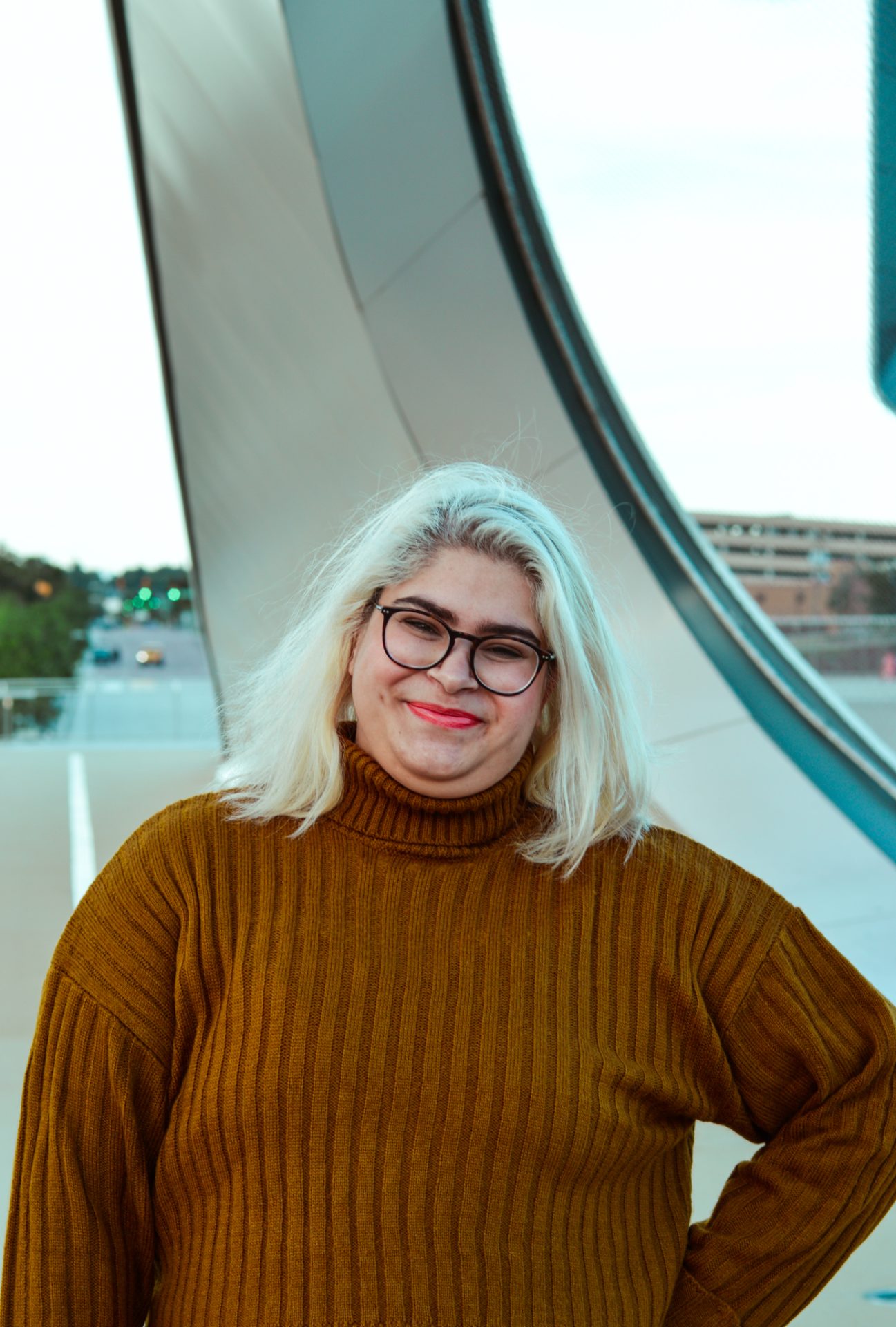
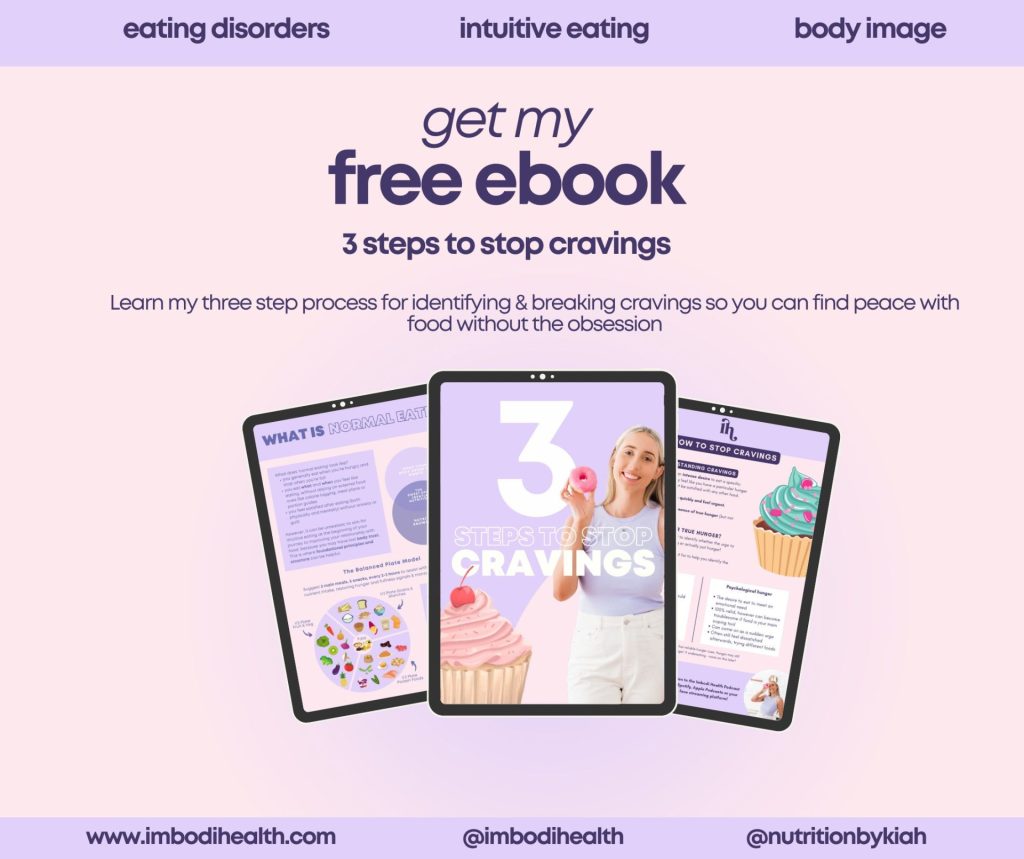
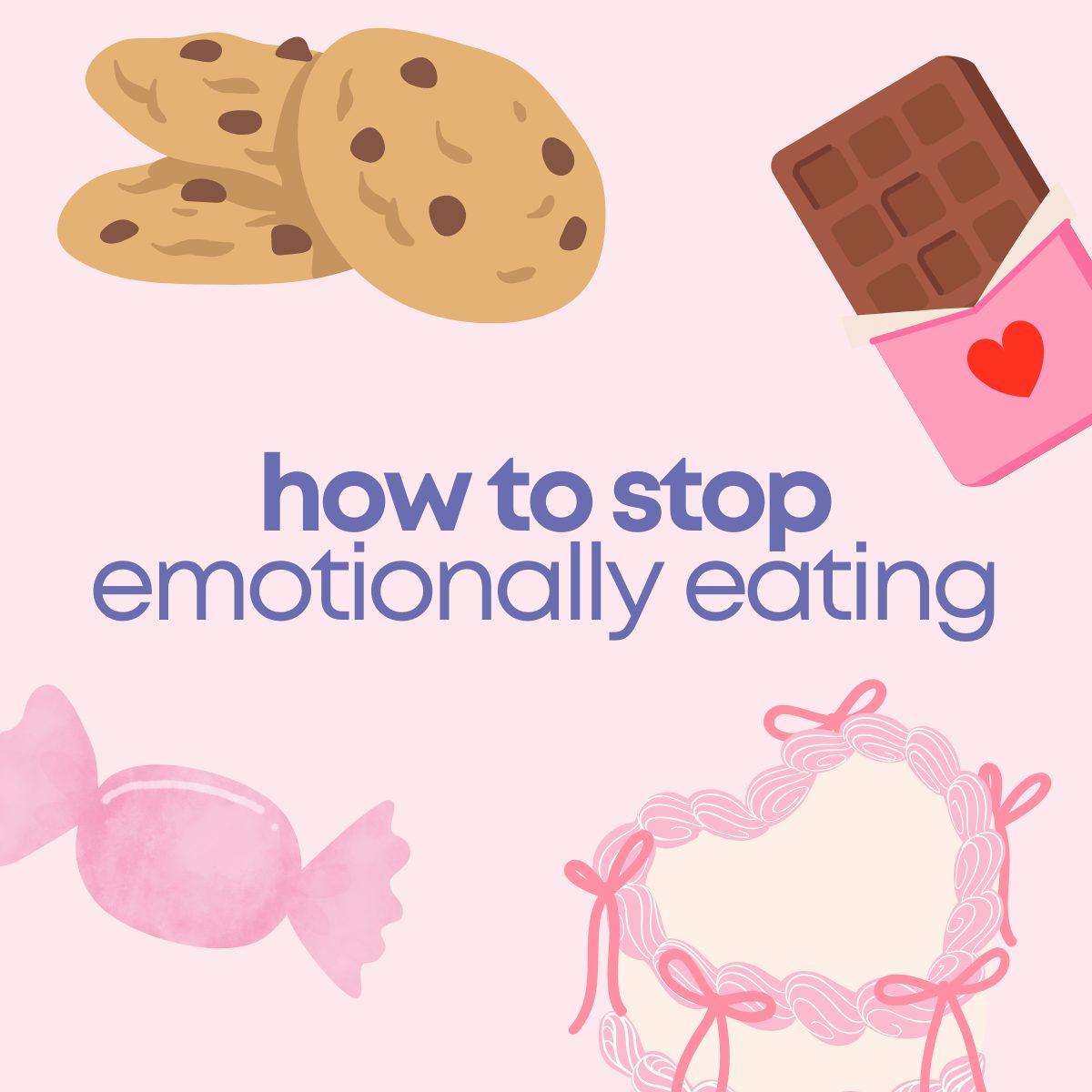
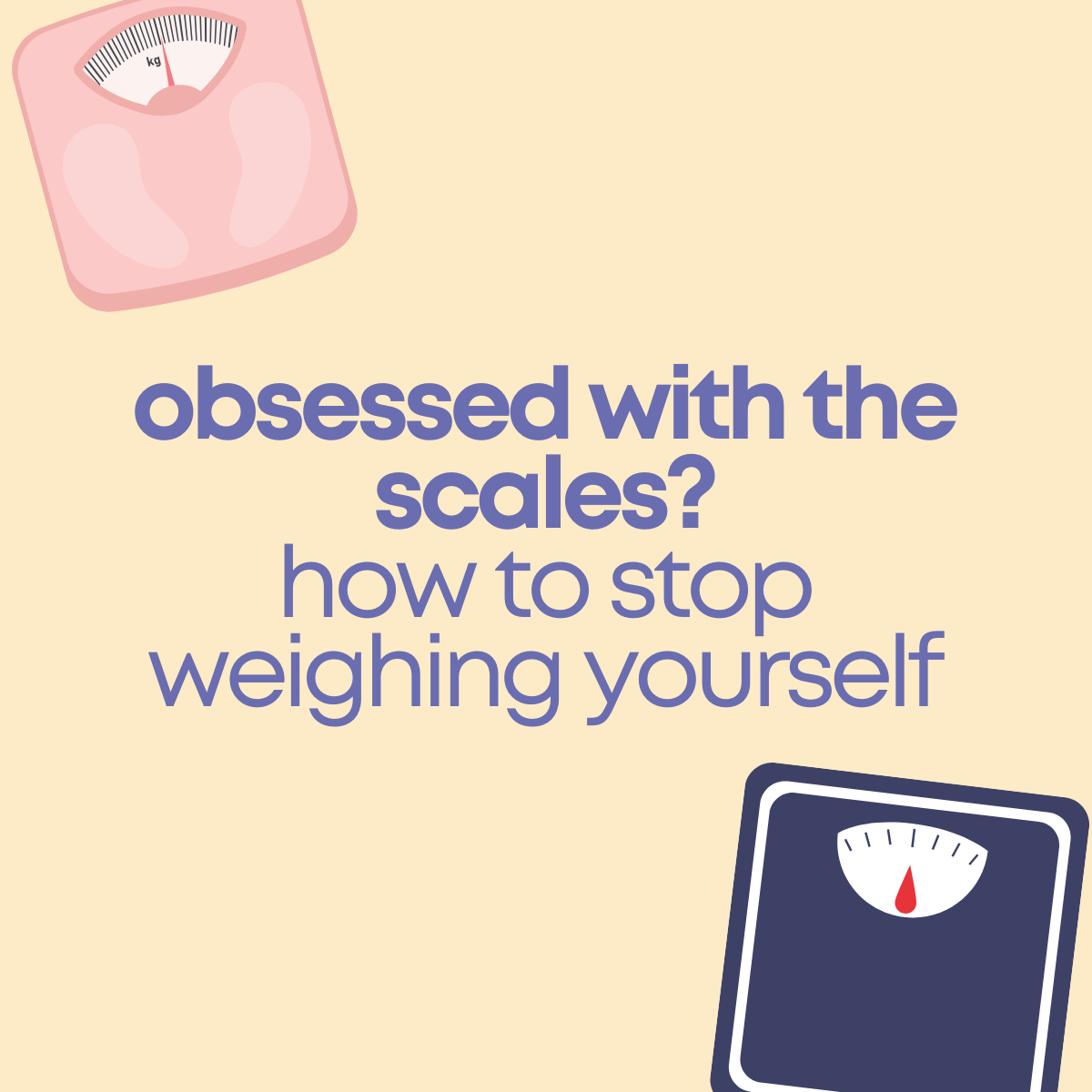
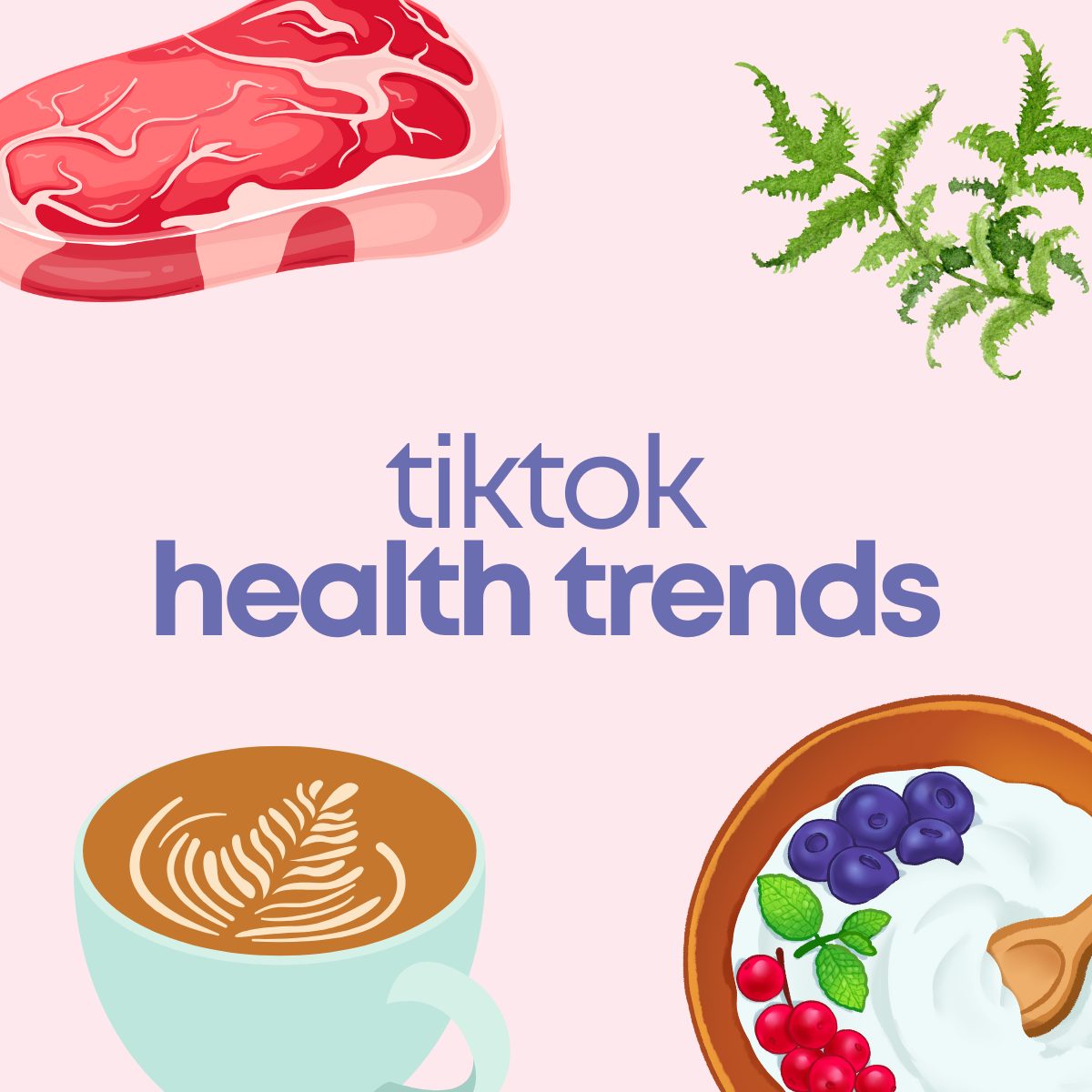
Comments +